The #1 Cause of High Blood Pressure According to Science
There are many ways you can help manage the deadly condition.
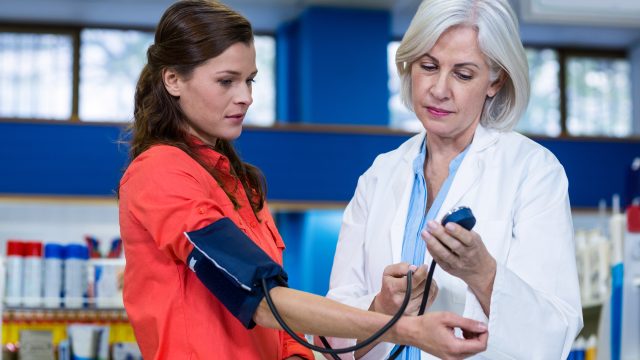
Nearly every time you walk into a doctor’s office or hospital, one of the first things they do is check your blood pressure. High blood pressure (aka hypertension) is when the force of blood flowing through your blood vessels is consistently too high, per the CDC—and, there’s a good chance yours is. Approximately half of Americans suffer from hypertension, which is the primary or contributing cause of around 500,000 deaths per year. What exactly is it, and what is the leading cause? Here is everything you need to know about high blood pressure.
1
What Is High Blood Pressure
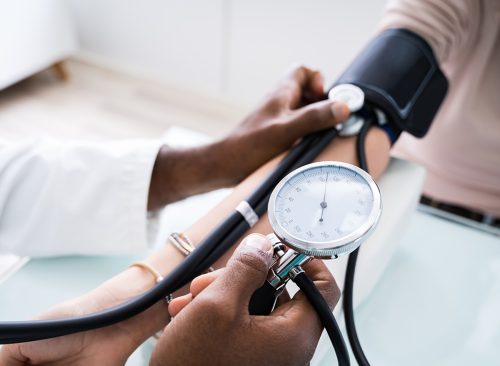
The term hypertension, also called high blood pressure, is used to describe higher-than-normal blood pressure. “Blood pressure is a measure of the pressure that your arteries see while the heart is contracting (top number) and relaxing (bottom number),” Joyce Oen-Hsiao, MD, Director of clinical cardiology at Yale Medicine and assistant clinical professor of medicine, Yale School of Medicine, tells Newsful. The CDC explains that those arteries your blood is putting pressure against are responsible for carrying blood from your heart to other parts of your body.
2
Dangers of Prolonged High Blood Pressure
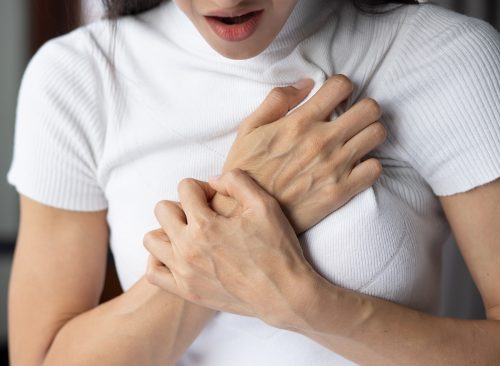
While it is normal for blood pressure to rise and fall throughout the day, it can damage your heart and cause health problems if it stays high for a long time. Leaving high blood pressure uncontrolled can lead to serious medical conditions, such as heart attack, stroke, heart failure or renal failure.
3
What Happens If You Have It?
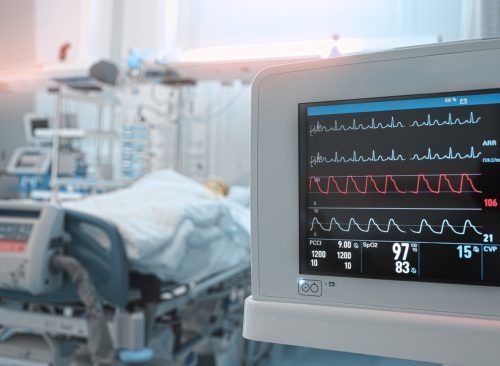
Leaving high blood pressure uncontrolled can lead to severe medical conditions, such as heart attack, stroke, heart failure or renal failure, explains Dr. Oen-Hsiao. Specifically, it can damage your organs, including the brain, heart, kidneys, and eyes. Ultimately, the higher your levels, the more at risk you are for heart disease, heart attack, and stroke—and death.
4
How Do I Know I Have It?
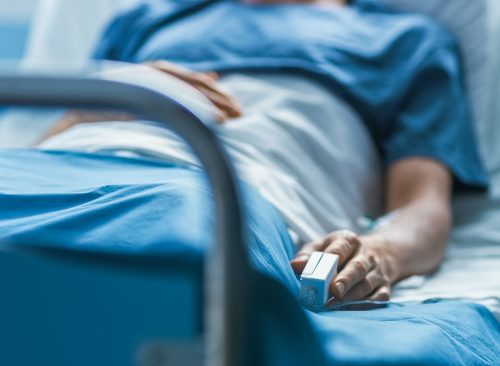
The primary detection method is done by calculating your blood pressure either at-home with a blood pressure monitor, at the doctors office, or even your local pharmacy. “However, some patients do have symptoms, such as headache, shortness of breath, or dizziness,” Dr. Oen-Hsiao adds.
5
Understanding Blood Pressure Readings: What Do the Numbers Mean?”
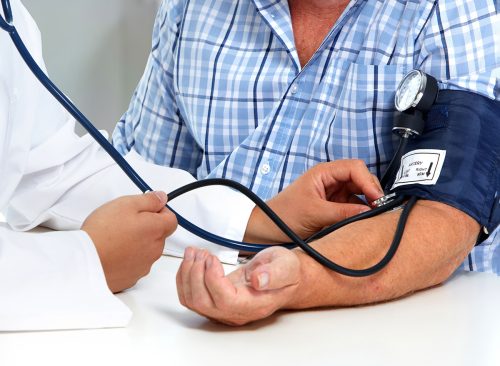
Systolic blood pressure measures the pressure in your arteries when your heart beats, while diastolic blood pressure measures the pressure in your arteries when your heart rests between beats, explains the CDC. If you are 120 systolic and 80 diastolic, you would say, “120 over 80,” or write, “120/80 mmHg.” A reading higher than that would be considered high blood pressure.
6
Here Are the Top Contributing Factors
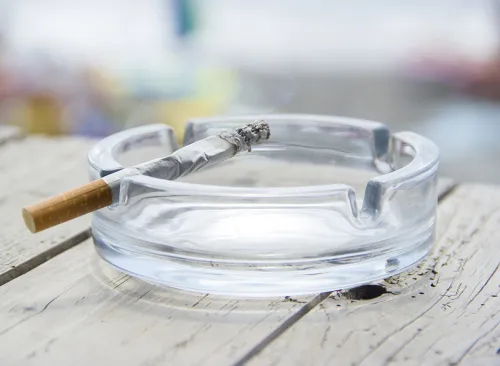
High blood pressure isn’t something that develops overnight. It generally happens over time and can be the result of unhealthy lifestyle choices, including diet, lack of exercise, smoking, and stress. A few health conditions, including diabetes and obesity, can also increase your chances of developing hypertension.
7
What Is the Number One Cause?

The most common cause of high blood pressure is genetic predisposition, states Dr. Oen-Hsiao. “High blood pressure runs in families, so if your parents have high blood pressure, you are more likely to also have high blood pressure,” she explains.
8
How to Prevent It

Luckily, there are actions you can take to decrease your chances of developing high blood pressure or even lower it if it is already high. “The best way to prevent high blood pressure is to watch your diet: be sure to limit how much salt you eat and also make sure you don’t overeat,” Dr. Oen-Hsiao instructs.
9
Other Key Strategies to Prevent High Blood Pressure

Another important way to prevent high blood pressure is to exercise. “You should try to do moderate cardiovascular exercise (walking, biking, running) for at least 30 minutes 5 days a week, which will help to keep your blood pressure down.” Per the CDC, not smoking, limiting alcohol, and managing stress can also help.
RELATED: 90% of People Who Die From COVID Have This in Common
10
What to Do If You Notice Symptoms
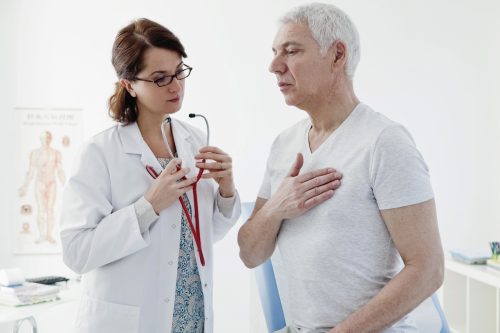
If you are worried you have high blood pressure, the best thing to do is take action. “If you notice symptoms (headache, dizziness, shortness of breath), make sure to call a doctor and have them check your blood pressure reading as soon as possible,” advises Oen-Hsiao. The CDC also suggests measuring your blood pressure regularly in order to diagnose any issues promptly.














